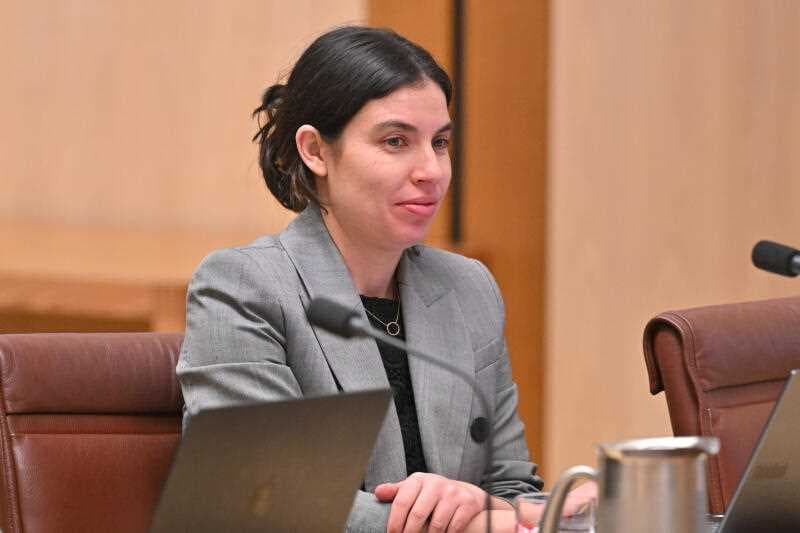Thu 30 Oct 2025 22.30

Photo: AAP
The Productivity Commission warns that Australian copyright law is getting in the way of Artificial Intelligence development. That frames copyright as the protector of artists, authors and musicians against the tech companies that would use their creative work without paying for it. But copyright law restricts some creators even as it protects others. Restrictions should be loosened to encourage human creativity and participation, not to help tech companies.
Copyright is an impediment to a local AI industry. Generative Artificial Intelligence models, like Open AI’s ChatGPT or Elon Musk’s Grok, have “scraped” masses of information to become better mimics of human thinking and writing. That information included novels, scientific papers, artworks, films, songs and Facebook posts – the sum of human creative achievement from the spectacular to the mundane.
New Australian competitors would do the same thing. To encourage them, the Productivity Commission proposed a “fair dealing” exception for text-and-data mining. Fair dealing allows copying without permission under narrow circumstances, like research, parody and news reporting. Text-and-data mining involves copying works to extract trends, patterns, relationships and so on – potentially useful not just to train AI models, but for human-led research and development as well.
Existing AI models have already benefited from data scraping done outside Australian jurisdiction – not all of it lawful. Introducing an exception now would still leave Australian creators uncompensated and retroactively excuse AI companies for unlawful data harvesting.
Understandably, then, the Albanese Government has now ruled out a text-and-data mining copyright exception.
I don’t mind copyright making life harder for AI, but I am troubled when it restricts human creativity and expression.
Copyright is a trade-off. Copyright law makes creative works artificially scarce to encourage people and companies to pay towards the cost of their creation.
But these laws have become so restrictive that they inhibit the creative process. Whereas Disney reimagined fairy tales like Cinderella and the Little Mermaid, and cribbed the plot of The Lion King from Shakespeare’s Hamlet, no one else is allowed to play with and build on Disney’s stories and characters.
This lack of reciprocity can suffocate creators and artistic movements. When copyright restrictions are lifted, treasured works can be reimagined.
Look at how Jane Austen or Charles Dickens have been dissected and remixed. Dickens’ Ebeneezer Scrooge has been reimagined as a talking puppet in The Muppet Christmas Carol, the new Ghost of Christmas Present in Spirited, a figment of Dickens’ imagination in The Man Who Invented Christmas and as “the richest duck in the world” in the form of Disney’s Scrooge McDuck, alongside dozens more adaptations.
If the estate of Jane Austen held the rights to her books, would they have allowed the movie Clueless, the novel Pride and Prejudice and Zombies or the storytelling card game Marrying Mr Darcy? You don’t have to value every adaptation to appreciate that, collectively, we would be poorer without them.
To appease the United States, Australia lengthened the time a copyright monopoly lasts from 50 years after the death of the author to 70 years. As a result, Australians pay billions of dollars in cultural rent to big corporations, and await the day works like JRR Tolkien’s Lord of the Rings and Agatha Christie’s mysteries are available for anyone to adapt and build upon just as Dickens and Austen’s works have been for decades.
To lift copyright restrictions on AI but keep them on authors, scriptwriters and game designers would be perverse.
AI free rides on the creative output of millions of humans over the tens of thousands of years that our species has been drawing, teaching, storytelling, singing and dancing. Tech companies paying to use content would help human artists and writers keep creating.
And AI creations should never benefit from copyright protections themselves – ensuring companies think twice about depending on AI outputs instead of human creativity.
Creators and fans of Australian art and culture are rightfully angry that when copyright doesn’t work for them, there is no reform – yet there are proposals to protect lawbreaking tech giants.